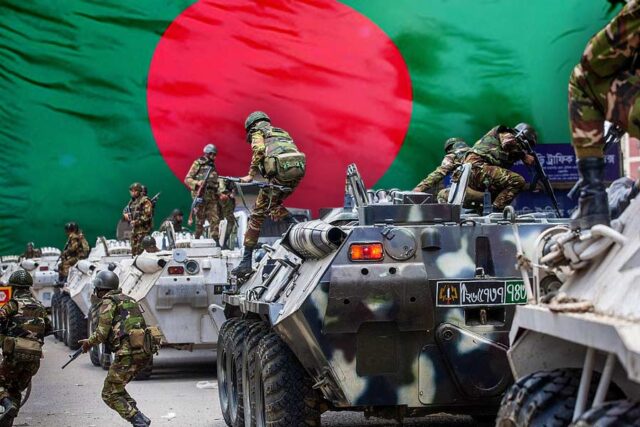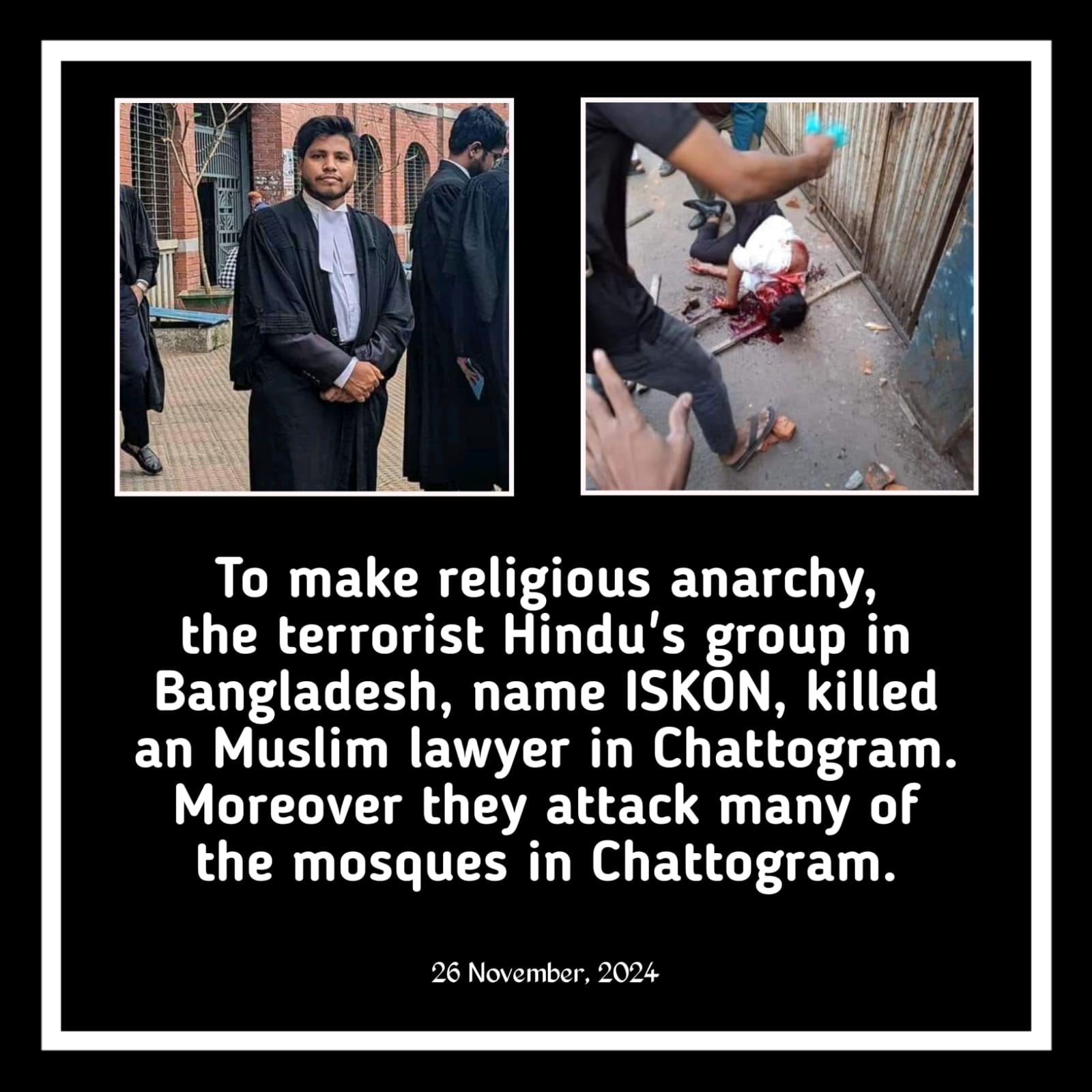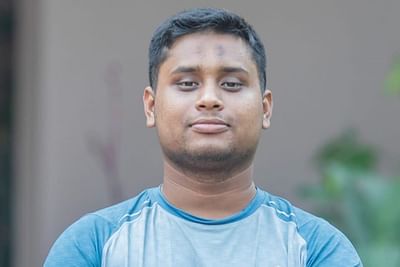The Bangladeshi government has issued a “shoot on sight” order, leading to increased military enforcement amid ongoing unrest. On Saturday, seven more individuals, including a policeman, were killed during a curfew. Prime Minister Sheikh Hasina’s government has taken a stringent approach to quell the protests, which demand quota reform. Various reports, including from Reuters, indicate that 114 people have died in recent days due to the movement.
The curfew, initially imposed on Friday night, was briefly relaxed on Saturday to allow citizens to access essential services. Awami League General Secretary Obaidul Quader stated that the army is authorized to fire in extreme situations. Consequently, Sunday and Monday have been declared public holidays to maintain order.
Since Thursday, internet services have been shut down, and the streets of Bangladesh have been largely empty. Military patrols, including armored vehicles, have been deployed in Dhaka. The curfew will persist until Sunday, after which Prime Minister Hasina will reassess the situation. The government hopes the curfew will reduce the number of casualties, although BBC News Bangla reported seven more deaths in Dhaka on Saturday, including one in Savar.
The United Nations has expressed concern over the violence in Bangladesh. Volker Turk, head of the UN Human Rights Department, condemned the attacks on students. The government is attempting to manage the situation by negotiating with some protest leaders while also making arrests. Notably, Nahid Islam, a leader of the anti-discrimination student movement, was arrested on Friday night. Several opposition BNP leaders have also been detained.
A crucial Supreme Court hearing on quota reform is scheduled for Sunday. Attorney General Aminuddin Manik indicated that the government would seek to overturn a High Court ruling on quota reform. In 2018, the quota reform movement led Prime Minister Hasina to announce the removal of most reservations, except for a small percentage for specific groups. However, a 2021 High Court ruling reinstated the reservations, prompting the government to appeal. The outcome of this hearing is highly anticipated, with global attention focused on Bangladesh.










